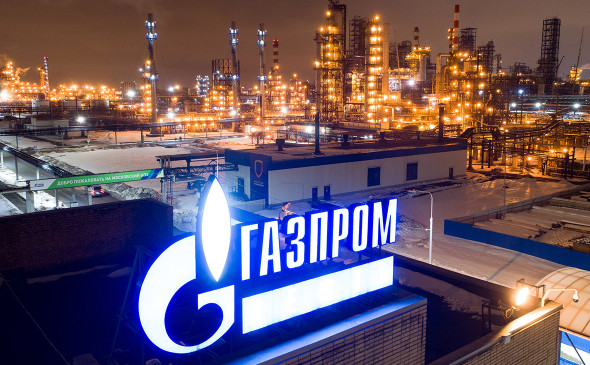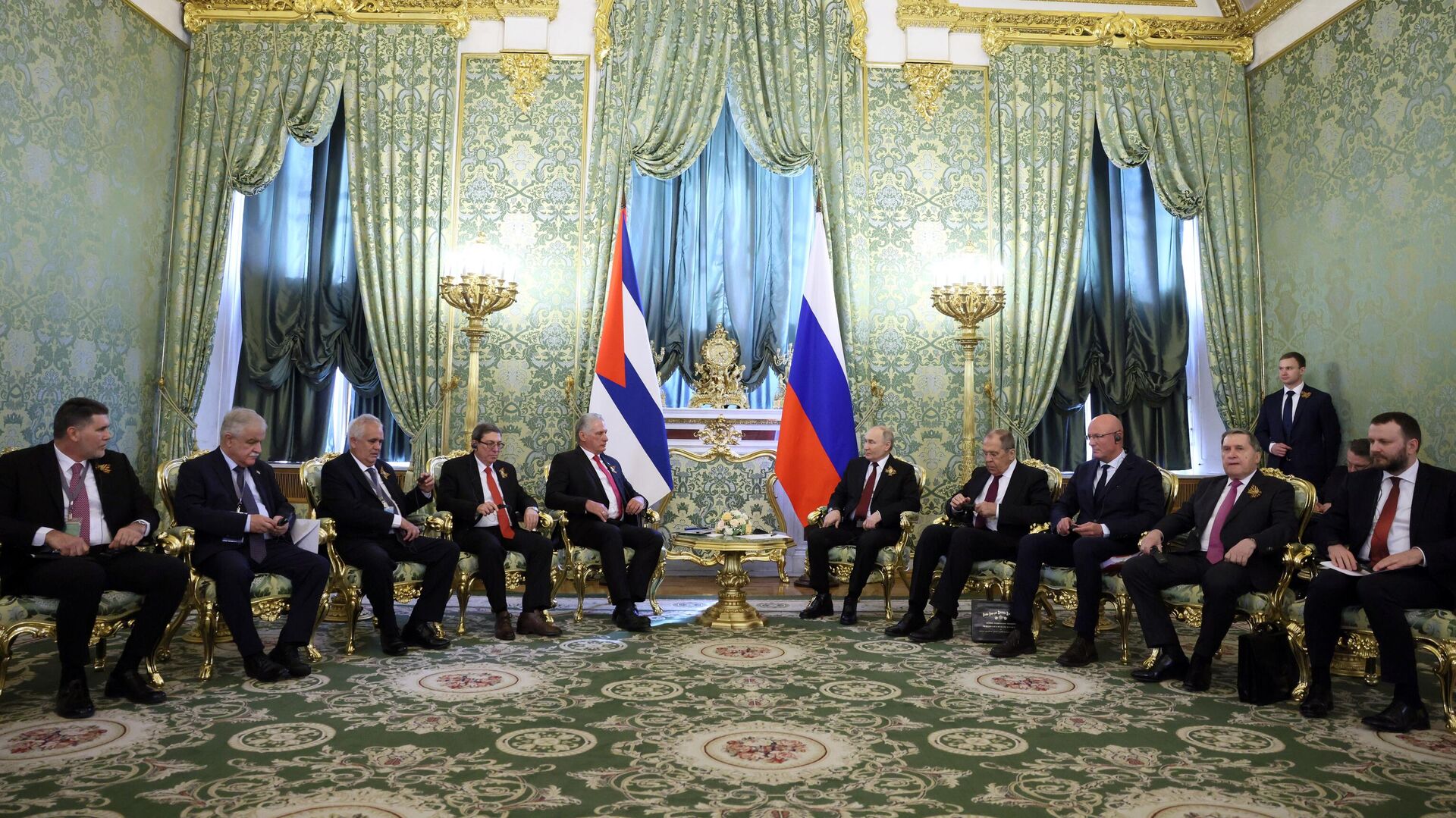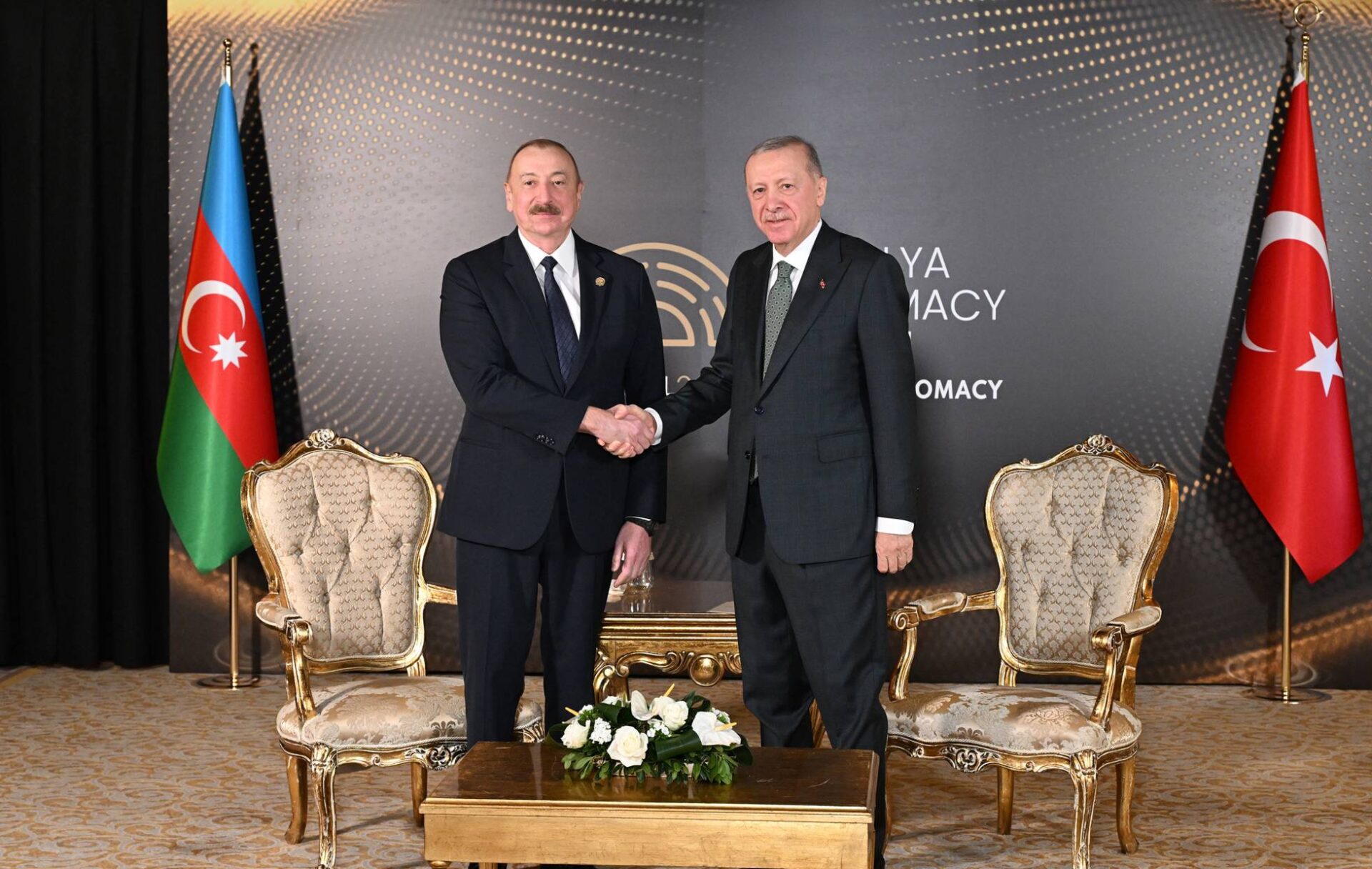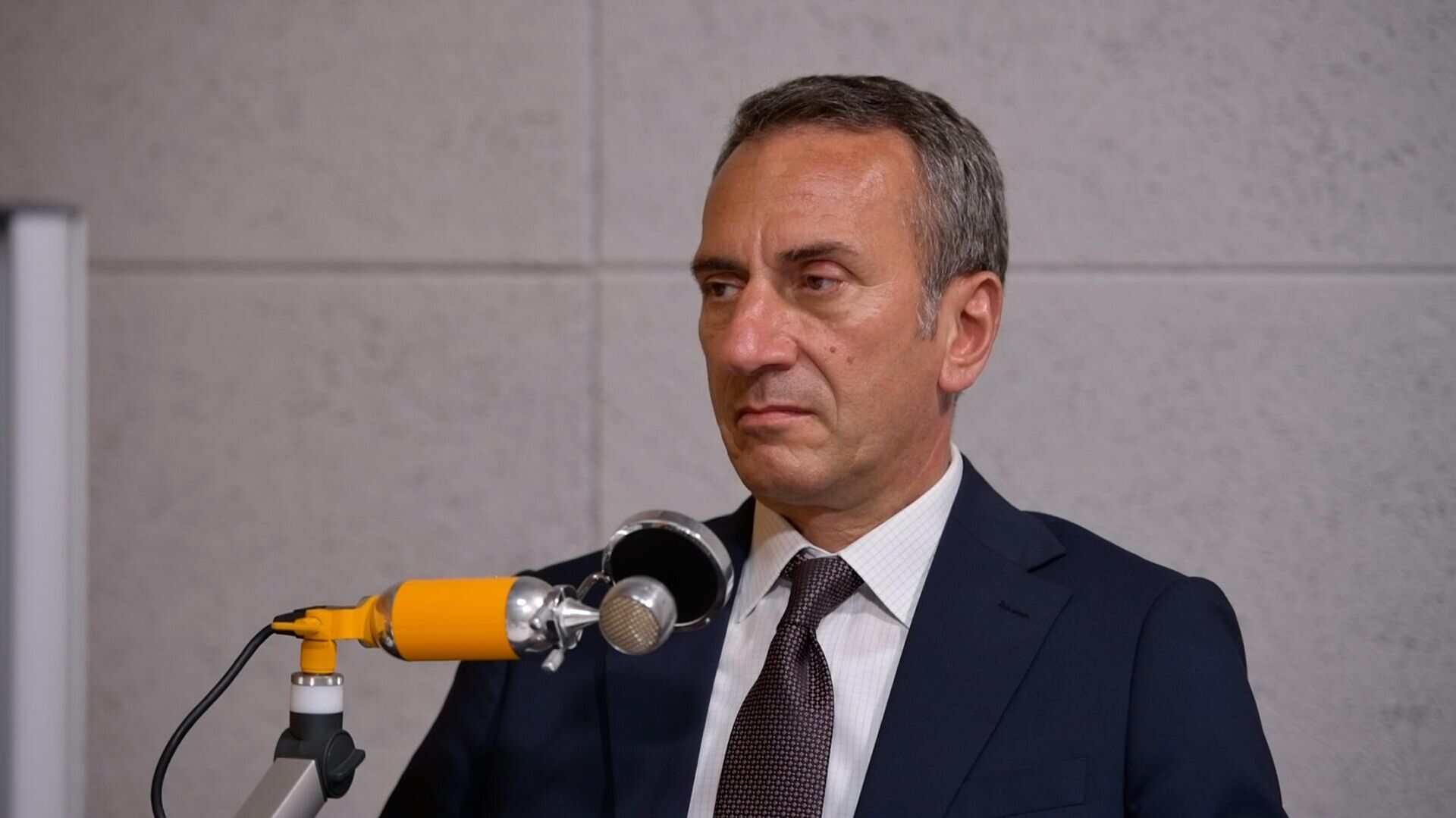
Putin’s First Assertive Move on the Energy Front Misfires
Putin’s First Assertive Move on the Energy Front Misfires
Combat operations on all key fronts of the Russo-Ukrainian war continue non-stop, even if without decisive action, but the transit of Russian natural gas to Europe through Ukraine’s pipeline system persists without interruptions. This may appear aberrant given President Vladimir Putin’s well-documented propensity to “weaponize” energy exports against European customers, most infamously during the three-week-long “gas war” with Ukraine at the start of 2009. This time, it is the collective West that is putting pressure on the Russian energy sector, forcing Rosneft to sell its oil at a discount, conservatively estimated at 20 percent (RBC, April 1). Russian petroleum production has started to decline, while the United States’ initiative to ban the import of Russian crude is gaining momentum across the collective West (Kommersant, April 1). Alarmed by these setbacks, Putin finally opted last week (March 31) to undertake a proactive move, but it was aimed and executed no better than the flawed Russian strategic plans for the military campaign.
Putin’s earlier demand that “unfriendly countries”—a list of 48 states that includes all European Union and North Atlantic Treaty Organization (NATO) members, Japan, Australia, of course Ukraine, and others—pay for imported Russian gas in rubles caused alarm in Europe and a new spike in energy prices (Kommersant, March 24). French President Emmanuel Macron and German Chancellor Olaf Scholz called Putin for clarifications, and the EU formulated a firm position rejecting Russian “blackmail” (Rosbalt, March 28). Nevertheless, the Kremlin leader issued a decree on Thursday enforcing a new scheme of financial transactions (that was supposed to begin on April 1), duly hailed by the Russian mainstream media as a major success in disciplining “hostile” customers (RIA Novosti, April 2). Quickly, however, Moscow had to fully backpedal to make it possible for European importers to continue paying in euros, as stipulated by their contracts, which call for using Gazprombank (still not targeted by sanctions) as the financial agent that then converts the receipts into rubles (Current Time, April 1).
This attempted exercise in “patriotic” energy policy might appear, at best, senseless, since it is hard currency that the Russian financial system desperately needs, and every obstacle to its inflow is counterproductive (Forbes.ru, April 1). Putin’s economic posturing may have made little difference for the actual volumes and value of Russian gas exports, but it is not harmless to the country’s longer-term energy interests (Izvestia, March 31). The attempt to formulate demands to gas importers in the same language of ultimatums that was used in the diplomatic offensive against NATO last December was duly registered the halls of power in Brussels (Kommersant, March 31). To be sure, the EU bureaucracy never moves fast, but plans to reduce the bloc’s dependency on Russian energy supplies have gained new urgency and new funding (see EDM, February 23, March 9, 28), particularly as the threat of Moscow’s decision to cut deliveries is now being assessed in practical terms (Meduza, April 1). The Baltic States have reported an interruption in the flow of Russian gas, and Lithuania became the first European state to stop imports completely (Interfax, April 2). Germany is taking direct measures against Gazprom, forcing the Russian state-owned giant to sell its stakes in energy infrastructure and gas storages (RIA Novosti, April 1).
The severing of the long-established energy ties is going to be difficult and costly for Europe, but it would signify a full-scale disaster for Russia, which cannot hope to find other equally large or lucrative customers for its gas (Sibir.Realii, March 30). Moreover, the Russian energy sector is critically dependent on technologies and services provided by such Western investors as ExxonMobil or Haliburton, and their departure from multiple joint ventures in exploration and extraction amounts to “shock surgery,” which will degrade Russia’s most productive assets for many years to come (Nezavisimaya Gazeta, March 28). Putin’s only answer to this curtailing of his country’s status as an “energy superpower” is to grant more tax cuts to state-owned corporations and to scale back environmental regulations; but the old methods that failed to sustain the Soviet oil-and-gas industry are not going to work any better in the global “green transition” era (The Insider, April 1).
Volatility in the international energy markets caused by the war in Ukraine is significant but generally less shocking than Moscow expected, and Putin’s presumed hopes that the spike in gas prices would undercut European solidarity have been disappointed (Republic.ru, April 1). The Kremlin leader fancies himself a grandmaster of energy intrigues and seeks to play on several boards simultaneously, including within the OPEC+ format, where he promotes the case against increasing oil production, since Russia cannot deliver its full quota anyway (see EDM, March 31; Nezavisimaya Gazeta, March 29). This old-fashioned cartel, led by Saudi Arabia, remains reluctant to expand supply and has even rejected the assessments of the International Energy Agency (IEA) as biased (Kommersant, March 31). President Joseph Biden has acknowledged this ambivalence and opted to release a steady volume of oil from the US strategic reserve, which has had an immediate, if relatively modest and temporary, impact on the price (Forbes.ua, April 1).
One major energy importer that stands to benefit in this situation is China, where economic growth is curtailed by the continuing COVID-19 pandemic (Meduza, April 1). The Chinese leadership finds it useful to keep reassuring Moscow of Beijing’s ostensibly unwavering commitment to strategic partnership (see China Brief, March 11); but China notably keeps its distance from the Russo-Ukrainian war and carefully monitors the impact of sanction on the Russian economy, particularly on the energy sector (Nezavisimaya Gazeta, March 30; see EDM, March 21; see China Brief, March 30). At the China-EU summit last Friday, the parties focused on minimizing the damage to the world trade from the war. And while Beijing tried to convince the Europeans to chart a political course independent of Washington’s, it also registered the message from Brussels regarding the risks of violating or circumventing the sanctions regime (Gazeta.ru, April 1).
Strong evidence indicates Putin is not fully informed about the setbacks and losses in his military campaign; and quite obviously, he is even less able to comprehend the full scale of the economic devastation caused by the sanctions as well as Russia’s attempted counter-policies. He seems to presume that the refusal of key European oil and gas importers to support a pan-EU energy embargo signifies the bloc’s powerlessness to overcome its dependency on Russian supplies. Yet, much as in war, the key parameter here is time. Regrouping cannot restore the strength and morale of defeated battalion tactical groups, and gas blackmail cannot diminish Europe’s political resolve to support Ukraine. Russian military might has been damaged and depleted for many years to come, and Russia’s ability to instrumentalize its huge energy resources may soon be lost forever.


